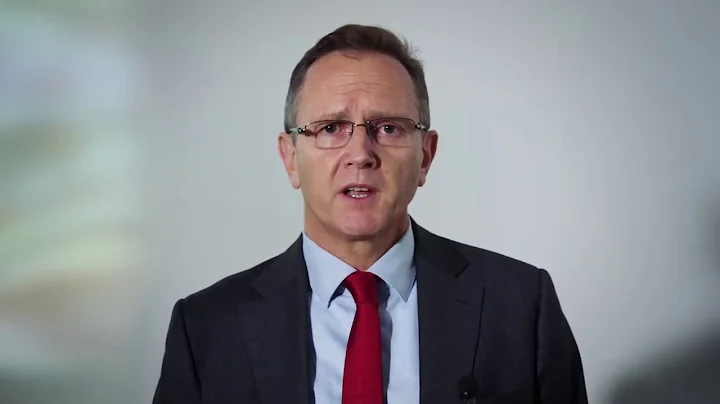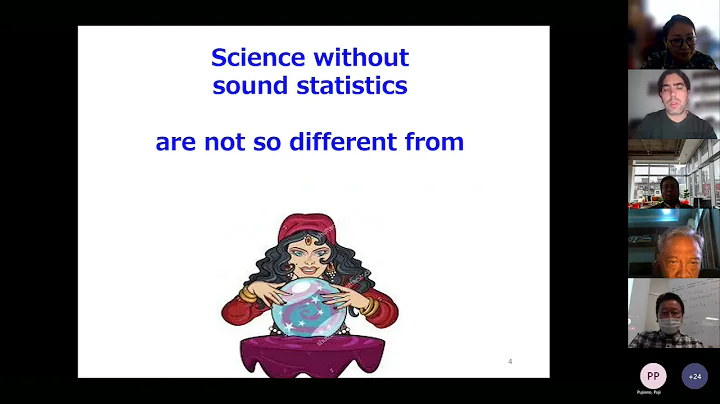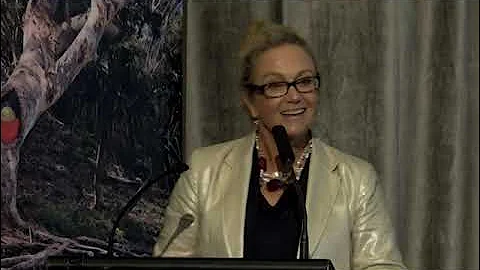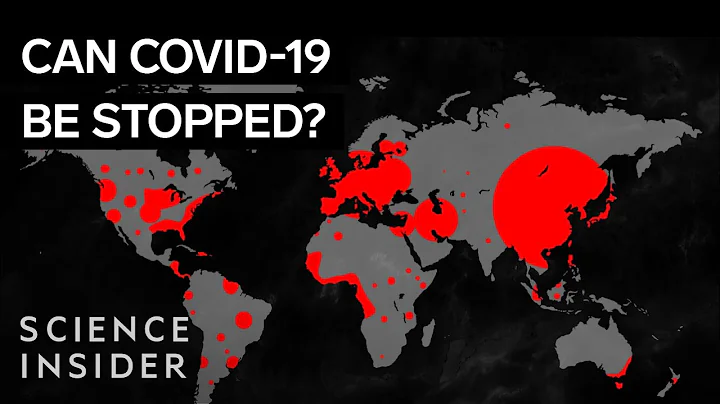Recently, Taiwanese sports, which usually do not attract much attention, have frequently appeared in the media, but the focus of the hype has nothing to do with sports competitions. Following the brawl between cross-strait ice hockey players a few days ago due to audience provocation, the "flag removal" incident in another Asian Cup football qualifier was heavily hyped by the green media.

According to Taiwanese media reports, the Asian Cup football qualifiers were held in Taipei on the 26th. The Chinese Taipei men’s football team lost 1 to 3 to Turkmenistan. Compared with the defeat on the field, the Chinese Taipei Football Association asked fans to remove the cheering flag "All Hail Formosa" (literally meaning "What a Beautiful Island") outside the field, which further frustrated the Green Camp.
html On the 27th, DPP "legislator" Huang Guoshu and others held a press conference. said that raising the flag in "their own country" was also revoked. The "Sports Administration" should argue with reason and not allow fans to have their comments censored while cheering. .Lin Yongchen, a representative of the "Blue Wind Cheer Group", the largest football fan cheering group on the island, said that Formosa is the ancient name of "Taiwan" in Portuguese. "If Guam can call the football team in its own language, Taiwan cannot call the representative team with Formosa." , very strange." This move by the Chinese Taipei Football Association severely dampened the enthusiasm of the fans.

Lin Yongchen, a representative of the "Blue Wind Cheer Group", held the "Formosa" flag that was asked to be removed.
In response, Xu Xiuling, head of the International and Cross-Strait Sports Team of Taiwan's "Sports Administration", responded that international competitions are authorized by Taiwan to be hosted by the International Federation. Previously, the "Formosa" slogan was considered a political slogan by the AFC and was punished. 4,000 US dollars, and there are similar controversial slogans in various places, and Taiwan is not the only case.

The 2016 Asian Football Confederation’s decision to punish the Chinese Taipei Football Association
So, is “Formosa” just a “place name” without politics, as the “Green Committee” and some Taiwanese fans claim? This starts with the origin of the word "Formosa".
Colonial name
Generally speaking, the word "Formosa" comes from Portuguese, meaning "beautiful". In the 16th century, when Portuguese ships passed by the sea of Taiwan, they looked at Taiwan from the sea and found that the island was very beautiful with high mountains and dense forests. So they shouted "Ilha Formosa!", which means "Beautiful Island" ( Ilha means island). From then on, "Formosa" became the name that Western colonists called Taiwan. However, some scholars believe that the first people to call Taiwan "Formosa" were not the Portuguese, but the Spanish. After that, the Dutch colonists who occupied Taiwan continued to use this name.

Taiwan map drawn by the Dutch in 1635
It can be seen that the word "Formosa" comes from the casual name of the colonists. In fact, in many places in the world, such as Brazil, Argentina, Peru, The United States and other countries all have the place name "Formosa" left by Spanish and Portuguese colonists. Obviously, this is a name with a strong colonial flavor. However, in fact, although Taiwan has been generally called "Formosa" internationally since the 16th century, the Chinese on both sides of the Taiwan Strait do not call their land by this name. As early as more than a thousand years ago when Western colonists landed on the island of Taiwan, the Chinese began to develop, live, and multiply on the island, and named it. During the Spring and Autumn Period and the Warring States Period, Taiwan was called "Daoyi"; during the Qin Dynasty, it was called "Yingzhou "; during the Three Kingdoms period, it was called "Yizhou"; from the Sui Dynasty to the Yuan Dynasty, it was called "Liuqiu". After the mid-Ming Dynasty, there were many folk names for Taiwan, such as "Chicken Coop" (referring to northern Taiwan), "Beigang" (the common name for Taiwan's western coast), "Da Yuan", "Tai Yuan", "Taiwan Wan", etc. Even the Dutch colonists called Taiwan "Beigang" rather than "Formosa" in the early days.

Map of Taiwan drawn by the Qing Dynasty
The name "Taiwan" appeared almost at the same time as "Formosa". The name originated from the name of the "Taiwowan" community of the Pingpu Siraya tribe in Anping, Tainan, which means a coastal place, and the word "Tai" in the full name is used as the abbreviation.During the Wanli period of the Ming Dynasty, the term "Taiwan" was officially used. During the Kangxi period of the Qing Dynasty, that is, in 1684, after Shi Lang regained Taiwan, he named it "Taiwan" and established the Taiwan Prefecture under the jurisdiction of Fujian Province. After that, Taiwan Province was officially established in 1885. This is Taiwan’s official name. Since then, the name "Taiwan" has gradually become an official name both on both sides of the Taiwan Strait and internationally. The colonialist "Formosa" is gradually swept into the dust of history.
resurgence
In 1895, Taiwan was colonized and occupied by Japan. During the Japanese occupation, Taiwan continued to use the name "Formosa", but also used the name "Taiwan". After Taiwan was restored to independence, the use of the name "Taiwan" has become increasingly common.
In 1949, the Kuomintang government was defeated and fled to Taiwan, and the two sides of the Taiwan Strait were separated again. In the atmosphere of the Cold War at that time, some people in the United States encouraged "Taiwan independence" out of anti-China and anti-communist needs in an attempt to create "one China, one Taiwan." Therefore, in the remarks of some politicians and the media, they frequently called Taiwan a "false Mosa" or "Formosa". For example, in 1955, the U.S. Congress passed the Formosa Resolution, granting the president unprecedented authority to use U.S. military forces in the Taiwan Strait.

"Taiwan Independence Godfather" Peng Mingmin
It was with the encouragement and connivance of the United States, Japan and other countries that the "Taiwan Independence" movement began to rise overseas, and these organizations have used the name "Formosa", such as "Freedom and Fortune" Free Formosa for Formosans, World United Formosans for Independence, Formosan Association for Public Affairs, etc. In 1966, Luo Fuquan, president of the Greater Philadelphia Taiwanese Association, and others found the "Taiwan Self-Rescue Declaration" issued by Peng Mingmin, Xie Congmin and Wei Tingchao in 1964, translated it into English and added the title "Formosa for Formosans". On November 20, the "New York Times" published a half-page propaganda statement on the so-called "Taiwanese self-determination", which caused a stir.
The reason why "Taiwan independence" elements have a special liking for "Formosa" is that it is a name given by "foreigners", which is different from "Taiwan" as the Chinese call it, in order to achieve the purpose of severing relations with the mainland. At the same time, it is also convenient to obtain international support and achieve the purpose of "relying on foreign countries to respect ourselves".
makes a comeback
"Formosa" made a comeback again after the Chen Shui-bian administration of the Democratic Progressive Party came to power in 2000.
In 2000, after the Democratic Progressive Party, which had a "Taiwan independence" background, took power, it took a series of "de-Sinicization" actions and embarked on the path of no return for gradual "Taiwan independence". "Formosa" was also removed from the old paper by the Chen Shui-bian administration. They found it out and became a banner for the "Taiwan independence" forces to promote the "name rectification movement" with the purpose of "de-Sinicization".

After Chen Shui-bian came to power, both in his inauguration speech and his New Year's address, he emphasized "Formosa" to imply his "Taiwan independence" stance. For example, he used "the people of Formosa" to address the "people of Taiwan" and made special arrangements. Singing the song "Formosa" composed for the inauguration. In the "de-Sinicization" measures promoted by it, many names with Chinese colors have also been replaced by "Formosa". For example, he once tried to change the name of "China Airlines" to "Formosa Airlines", and some people even proposed to change the Taipei National Palace Museum into "Formosa Memorial Hall".
Not only that, in history textbooks, the Chen Shui-bian authorities also strengthened the existence of "Formosa". There is a special chapter in the Taiwan middle school supplementary textbook "Understanding Taiwan": "Formosa in the Seventeenth Century", even believes that "The so-called essential change is that the concept of 'Taiwan' goes beyond the aborigines and contains more Other elements, even mainly anti-customers, have become the 'Taiwan' in our impression today. This is the birth of Taiwan we are talking about." In addition, the National Palace Museum in Taipei held "Formosa: The Seventeenth Century" in early January 2003. The "Taiwan, Netherlands and East Asia" exhibition not only displays the style of Taiwan in the 17th century, but also incorporates the concept of "Formosa" throughout.Let everyone who comes to see the exhibition know that Taiwan’s history was written in “Formosa”.

The most eye-catching move by the Taiwanese authorities to use "Formosa" was in 2006, when the Executive Committee of the Taiwan Golden Horse Film Festival announced that two of the awards at that year's (43rd) Golden Horse Awards would be "Best of the Year" Taiwan Film Award" (also known as the "Jury Grand Prize") and "Best Taiwanese Filmmaker of the Year Award" (also known as the "Special Jury Award") were renamed "Formosa Film Awards" and "Formosa Film Awards" Mosa Special Award". , this crude move of political interference in culture, triggered unanimous criticism from the cultural circles on both sides of the Taiwan Strait.

Taiwan's "FuSat-3" satellite
There is also an episode. In 2006, the Taiwan authorities planned to launch the "Formosa-3" satellite in the United States. The satellite was originally named "China Satellite-3". In December 2004, in order to cooperate with Chen Shui-bian's so-called "de-Sinicization" and "name rectification" campaign , the Democratic Progressive Party authorities officially "renamed" the "Huawei-3" that is preparing for launch as "Formosa Satellite-3". Unexpectedly, when the Taiwan-U.S. cooperation satellite was transported to Vandenberg Air Force Base in the United States for final testing, with only one and a half months left before the scheduled launch date, the United States suddenly refused to launch because the satellite had " "Taiwan independence" color. This pair of "Taiwan independence" elements who are passionate about "Formosa" is nothing more than a slap in the face. Later, after urgent "work" and removal of the "flag" and other symbols, the US finally launched the satellite into space after many days of delay.

Speaking of "Formosa", we have to talk about "Formosa Foundation" . This foundation is led by Chen Shui-bian, and has absorbed and combined a large number of "Taiwan independence" people and green business people, becoming Chen Shui-bian's long-term staunch support force. The "Formosa Cultural and Educational Foundation" has always been regarded by the outside world as Chen Shui-bian's "private treasury", and Chen Shui-bian's wife Wu Shuzhen has been the chairman for a long time. During Chen Shui-bian's important elections, or when he served as a "legislator" and mayor of Taipei, the foundation has always played important roles in organization, mobilization, polling, and fundraising. The foundation also invested NT$30 million to establish the "Ketagalan School" as a base for cultivating green elite talents from all walks of life. After Chen Shui-bian left office, he was imprisoned for a series of fraud cases including the "Cape 700 Million" case. The "Formosa Cultural and Educational Foundation" played an important role in his overseas money laundering case. Until now, this foundation is still able to influence the political scene in Taiwan and has great power.
I am afraid those who are engaged in politics know the difference between "Formosa" and "Taiwan" best. As a place name, it has long been submerged in the dust of colonial history. Today's "Formosa" has become a "soul-calling flag" used by "Taiwan independence" activists to revive the dead. , a term that has been completely greened, may not even have been thought of by the Westerners who invented it. The colonization and invasion that Westerners failed to accomplish back then, some "Taiwan independence" elements today are working hard to help them accomplish.














![Novel Coronavirus (2019 nCoV 🦠 Outbreak 😷) [Update # 1] COVID-19 - DayDayNews](https://i.ytimg.com/vi/UubQNkK0wy0/hqdefault.jpg?sqp=-oaymwEcCOADEI4CSFXyq4qpAw4IARUAAIhCGAFwAcABBg==&rs=AOn4CLAP_5pfwgWKcsH3mMEPnP5Dv-4WEQ)

